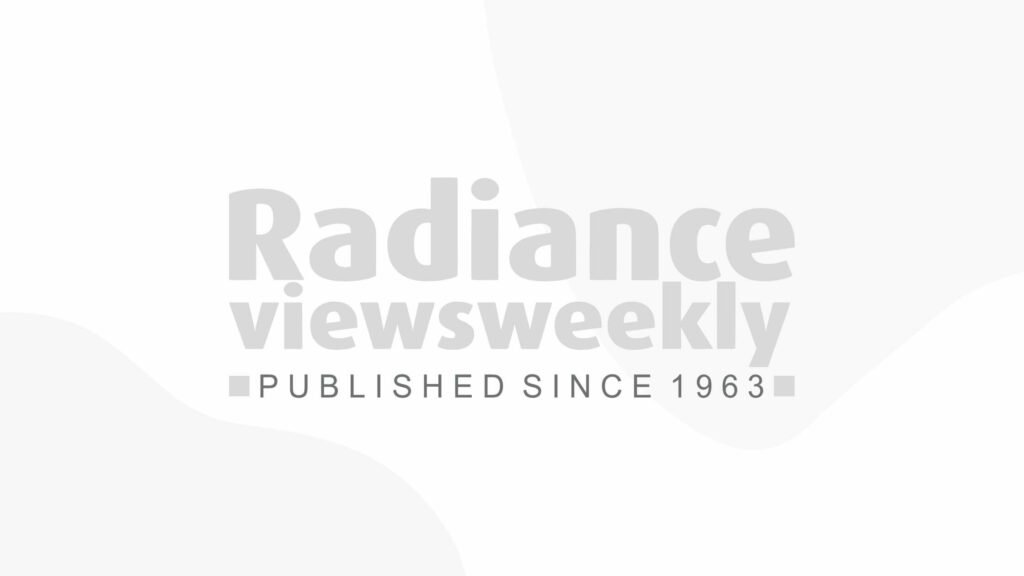 RELIGION AS CRITIQUE – ISLAMIC CRITICAL THINKING FROM MECCA TO THE MARKETPLACE
RELIGION AS CRITIQUE – ISLAMIC CRITICAL THINKING FROM MECCA TO THE MARKETPLACE
IRFAN AHMAD
The University of North Carolina Press, 116 South Boundary Street, Chapel Hill, NC 27514-3808, USA
2017
Pages: 300
Hardcover: $90.00 Paperback: $28.45
Reviewed by FAROOQUE AZAM
Irfan Ahmad commenced writing the preface of this book on 29th August, 2012, a day after Tom Holland’s debatable documentary on Islam was released. Broadcast of ‘The Untold Story’ on the British channel – Channel 4 was followed by a blog titled, “Can Islam Ever Accept Higher Criticism?” by Journalist, Whiter Ed West, in The Telegraph.
Irfan Ahmad assails all such criticism about Islam and argues effectively that Islam has had very much argumentative space in its deliberations. To prove this point, he mentions the views of Syed Abul Ala Maudoodi. He has presented Maudoodi as a great political thinker and quotes him as under:
“I hold such views about Islam not because I was born into a Muslim family… I had no attraction for that Islam which I find in the immediate Muslim society. After acquiring a capacity for critique and research (tanqīd wa tahqīq) the first thing I did was to throw off the belt (qalādāh) of that spiritless religiosity which I had inherited.”
Irfan Ahmad makes the interesting point that the one-time associates of Maudoodi, like Manzoor Noamani, Abdul Hassan Ali Nadvi and Waheeduddin Khan, differed with him on many counts. So, criticism is ingrained in religious deliberations. He further mentions that several members of Jamaat-e-Islami like Sultan Ahmad Islahi and Nejatullah Siddiqi differed with Maudoodi on issues like position of women in Islam. Such has been the case of all intellectual developments of Islam in all phases of history because critique has been an effective tool in such debates and discussions. In other words, he points out that critique has been the essence of Islam till today. The thoughts of many Western philosophers and writers, otherwise, are unfounded.
Irfan Ahmad is an anthropologist and senior Research Fellow at the Max Planck Institute for the Study of Religious and Ethnic Studies in Gottingen, Germany. He completed his studies at the University of Amsterdam, JNU and Jamia Milia Islamia, in New Delhi. He authored several books of acclaim, including the one Islamism and Democracy in India: The Transformation of Jamaat-e-Islami which is a well-documented and highly critical work on the changes, in his analysis, in approaches, policies and practices of the Jamaat in India and its adherents. There too, the writer has demonstrated that critique is both essential for and ingrained in all worthwhile and healthy deliberations on any subject, including Islam. Islamic ideal of ‘islah’ (improvement/betterment) is not possible in mere taqlid (following without reasoning). An open eye and an open mind are welcome in Islam, too.


